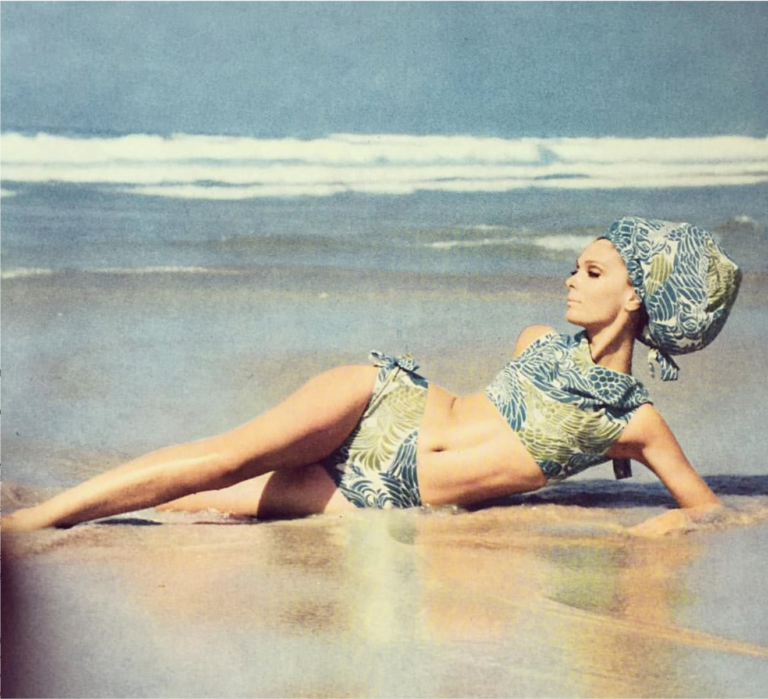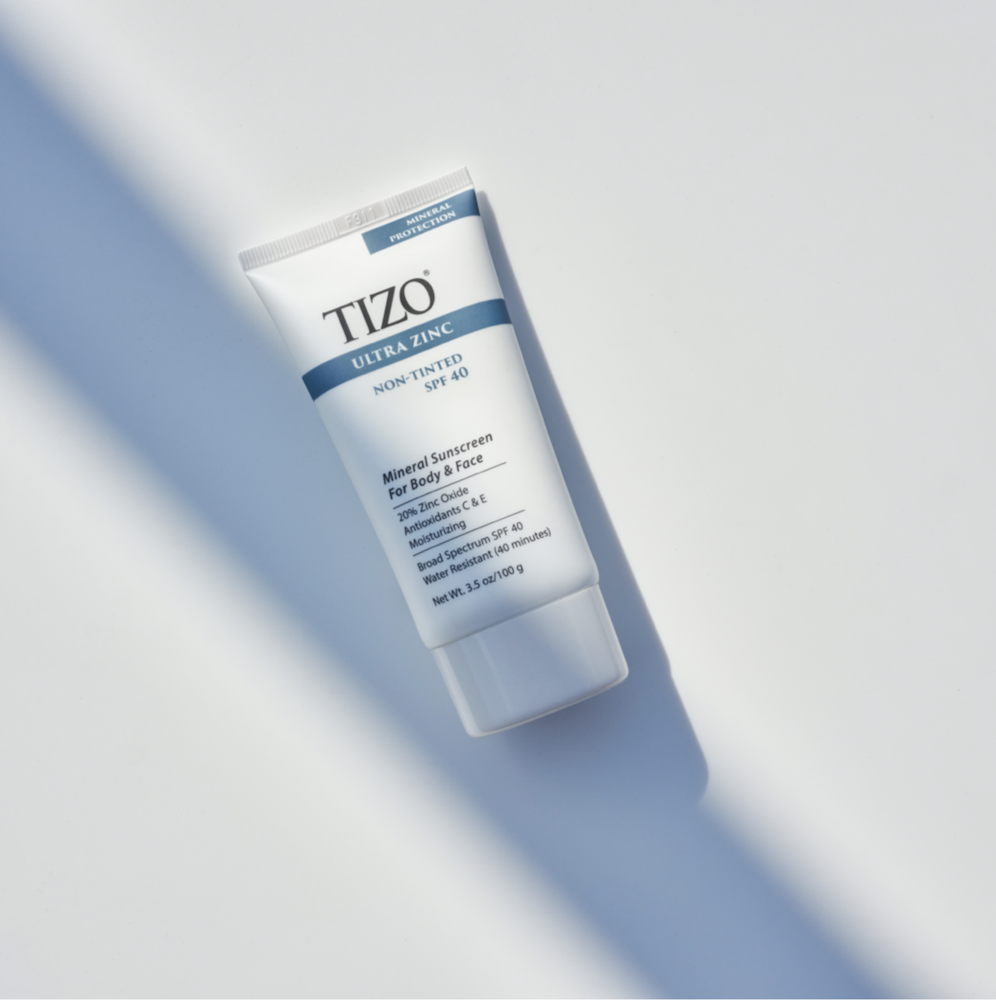
Interview with Leading Anti-Aging and Skin Cancer Dermatologist:
Dr. Heather J. Roberts
Does sunscreen help prevent skin cancer and aid in anti-aging?
A question often challenged by alleged leading beauty gurus and non-medical so- called skincare experts. I’m neither, however I share my reviews of sunscreen based on authentic experience, my age and years of over exposure to the harmful Caribbean and the Mediterranean UV rays. I was somewhat clueless when I enlisted one of the best Skin Cancer, anti-aging Dermatologists upon my move to Los Angeles. I was introduced to her by word of mouth via a leading internal medicine doctor who was advising me to look into the signs of melanoma on my shoulders and arms.
I’ve been reaping the benefits of this dermatologist’s skincare advice for over 10 years and I constantly get asked: what skin care and or treatments are you getting? Honestly ? I indulge in 50 units of Botox every 10 months and I follow the skincare advice of a leading national anti-aging skincare expert and my dermatologist; Dr. Heather J. Roberts.
Her 20+ years dermatology practice with accolades that include 2016-2020 voted as one of LA’s top doctors / Super Doctors by her peers. She is a Rutgers graduate with highest honors in Biochemistry, and received her medical doctorate at UC Irvine and completed her dual residency training at Cedars Sinai Medical Center in Internal Medicine and at the Keck/USC Medical Center in Dermatology.
This led Dr. Heather J. Roberts to serve as a national consultant for Allergan, the makers of Botox cosmetic. In fact her practice has served as a National Botox Training Center in which she trained other doctors the latest techniques.
Neutrogena has enlisted her a as consultant to educate high school students on skin cancer prevention, acne, and healthy skin. Along with her knowledge of skin cancer her passion for laser and light treatments, she serves as a Luminary for InMode Inc., inventors of Morpheus8, Evolve, Votiva, Fractora, Forma ,Lumecca and Diolaze technologies. With all of the listed accolades and superlatives I admire her kind, down to earth demeanor and her highly effective recommended products and treatments.
Given Dr. Heather J. Robert’s deep and honored knowledge was thrilled to interview her about the prevention of skin cancer and sun damaged, aging skin.

By Deborah Ferguson
Q: Can you please share your advice on the importance of the daily use of facial and body sunscreen for all ages?
A: My mantra is “It’s never too early to start with sun protection.” This even more important as skin cancer rates continue to increase worldwide.
Facial SPF should be part of one’s daily routine just like brushing your teeth! Sun exposure is cumulative over our lifetime so everyday exposure takes its toll on our skin, not just when we go to the beach. Sunscreen should be applied anytime you are going outside even if it’s just to drive to work or a store as the longer UVA rays penetrate through glass and still have aging and damaging effects on our skin. This also holds true if you work indoors by a window!!
Even babies can be protected with sun protective clothing and shade when outdoors. The earlier a caretaker starts the sooner they impact the future of that child’s life-long skin health AND can lessen their chances of getting skin cancer later in life. Babies over 6 months and toddlers can wear chemical free sunscreens with sun protective clothing. By starting early with SPF use, it sets up a routine which may help decrease push back from children at least until they are teens! Right now the toughest group to convince are still often teens even with well-intended parents; but in my experience starting early in childhood helps get teens used to SPF especially as the idea of SPF clothing becomes more of a battle at that age.
Q: With your honored background in Biochemistry can you share your thoughts on natural sunscreen formulas vs not 100% natural but still effective?
A: “Natural” is a confusing and sometimes misleading term in my opinion. Every time I see a patient with a skin rash, and they say , “but the ingredients are natural” my 1st response is “so is poison ivy.” This usually brings a grin and a chuckle, but my point really is that our skin can still become irritated, red, and itchy even with products touted as being safe and tolerable, because they are “natural.”
The two categories of sunscreen ingredients currently on the market include chemical free, physical blocking agents and chemical based sunscreens. I find there is a lot of confusion on this topic, so I try to explain it in the simplest terms. Physical blocks or chemical free mineral based sunscreens are like shields that deflect and reflect harmful UV rays away from our skin. To know if you are using a pure physical block, just look at the “active ingredients” for this class of sunscreen it will simply be titanium oxide and/or zinc oxide. I have preferred physical blocks for over 20 years as they are typically non-irritating, safe for all age groups and all areas of the face and body including around the delicate eye area even with daily use. I also love that these ingredients are more environmentally friendly to our oceans and wildlife.
Chemical based sunscreens contain a variety of chemical ingredients (oxybenzone, avobenzone, octisalate, octocrylene, homosalate and octinoxate) which react with UV rays in our skin in order to inactivate their harmful effects. These ingredients often sting and burn the eyes which is why many people hate using sunscreen on their faces for sports. In addition, they can be irritating for sensitive, rosacea or eczema prone skin. Most recently these chemical sunscreen ingredients have come under scrutiny due their absorption into the skin and bloodstream with unknown long term health effects. Until further studies clarify the significance of these findings, I will continue to recommend pure physical block chemical free sunscreen.
Another key point is that no matter what sunscreen you use, all sunscreens need to be re-applied every 1-2 hours to try and maintain their maximal protective effect on your skin.

The TiZO Ultra Zinc non tinted SPF 40 sheer, light creamy texture melted into my skin. What stands out to me about this sunscreen is the high percentage of Zinc (20%) in a cream base, and no other added chemical sunscreens. The rejuvenating, moisturizing formula left my skin looking radiant without any residue from the high percentage of zinc.
I decided to try TiZO while at a beach zone in southern California where my skin is most prone to severe sun damage. I didn’t notice any obvious side effects after a long day at the beach. As I have some obvious sun damage on my face and arms, this particular formula is ideal for the prevention of further photo aging and sun damage, as well helping diminish my hyperpigmentation. I understand why this product is highly recommended by Dr. Heather J. Roberts to aid in the prevention of skin cancer caused by UV rays.
I would absolutely suggest TiZO Ultra Zinc non-tinted SPF 40 to prevent sun damage and photo aging while improving existing hyperpigmentation. It’s formula contains dark spot correctors while revitalizing the complexion with TiZO’s advanced Skin Firm Technology. It’s an ideal SPF to fend off the aging effects of UV rays and ideal for sensitive skin as well as acne prone skin.